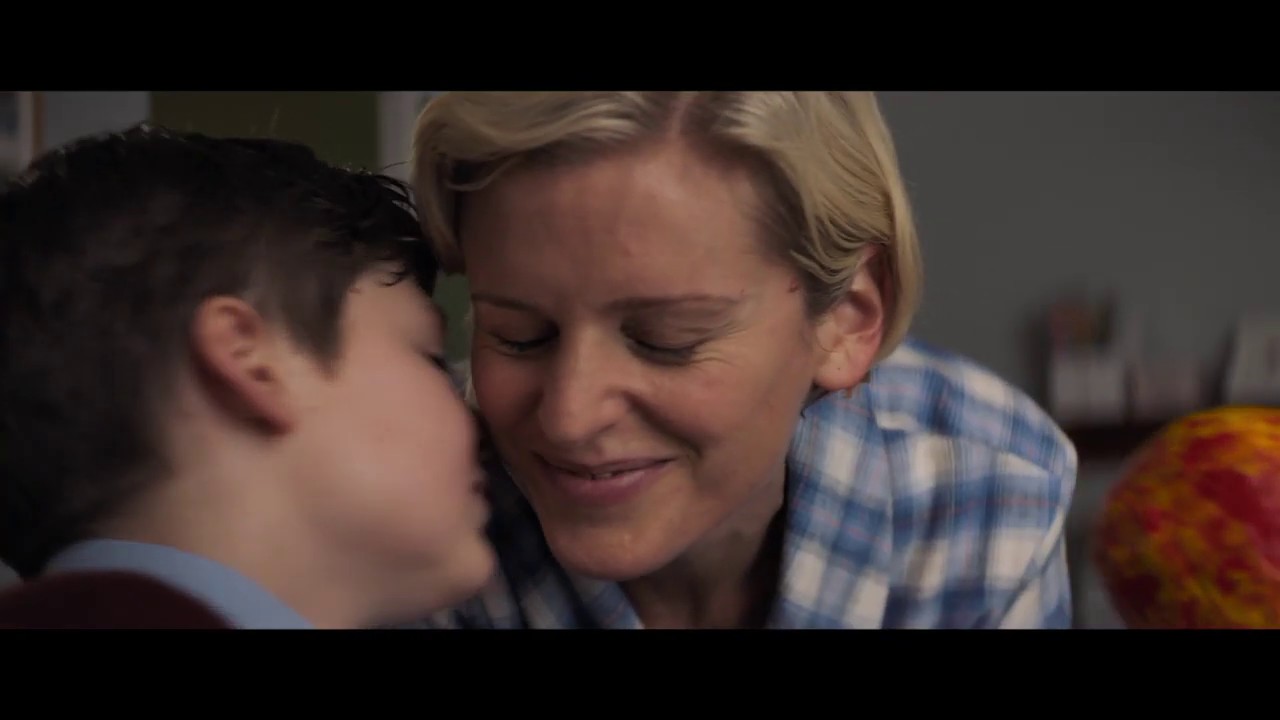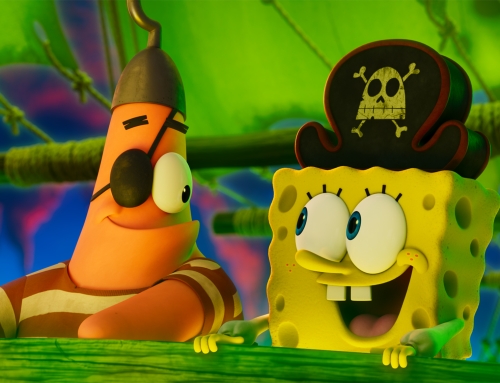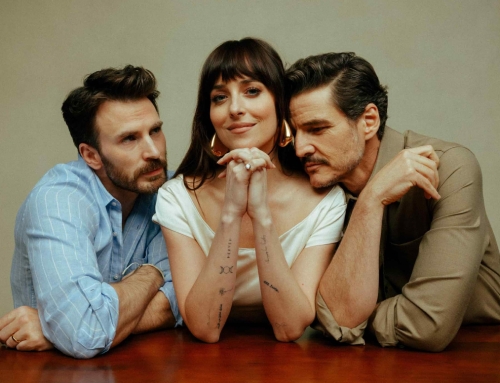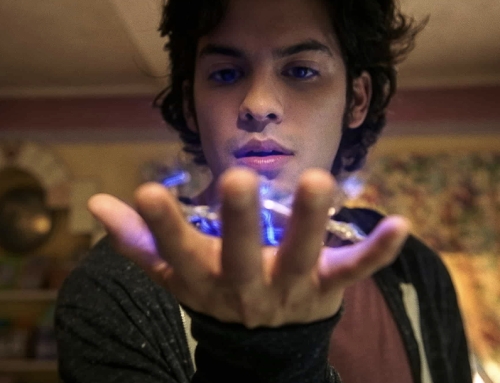THE KID WHO WOULD BE KING
Old school magic meets the modern world in the epic adventure THE KID WHO WOULD BE KING. Alex thinks he’s just another nobody, until he stumbles on the mythical Sword in the Stone, Excalibur. Now, he must unite his friends and enemies into a band of knights and, together with the legendary wizard Merlin, take on the wicked enchantress Morgana. With the future at stake, Alex must become the great leader he never dreamed he could be.
A Twentieth Century Fox presentation and a Working Title and Big Talk Pictures production, THE KID WHO WOULD BE KING stars Louis Ashbourne Serkis, Tom Taylor, with Rebecca Ferguson and Patrick Stewart. The film also stars Dean Chaumoo, Rhianna Dorris and Angus Imrie. Written and directed by Joe Cornish, the film was produced by Nira Park, Tim Bevan and Eric Fellner, with James Biddle and Rachael Prior serving as executive producers.
ABOUT THE PRODUCTION
Based on one of the most famous myths of all time, THE KID WHO WOULD BE KING approaches the legend of King Arthur and his knights in a completely new way, bringing it into the modern world and making it relevant for contemporary audiences.
The seed for THE KID WHO WOULD BE KING has been growing in the mind of writer-director Joe Cornish since he was a child, beginning in 1982 when he saw John Boorman’s ‘Excalibur’ and Steven Spielberg’s ‘E.T.’ Both films had a big impact on the young Cornish, inspiring the beginnings of his idea for a film about an ordinary boy who discovers The Sword in the Stone.
Cornish recalls, “All through my teenage years I drew a little cartoon on my school books of the sword Excalibur coming out of a bathtub – the juxtaposition of the domestic and the modern with the ancient myth. Then I put the idea aside, but it’s slowly been gestating ever since.”
Cornish went on to co-write, direct and star in the long-running British comedy series ‘The Adam and Joe Show.’ He then wrote and directed his first feature ‘Attack the Block’ which earned multiple international awards, including the Audience Award at South by Southwest Festival and a BAFTA nomination. Shortly after, alongside Edgar Wright, he wrote the story and screenplay for Marvel’s ‘Ant-Man’ as well as ‘The Adventures of Tintin’ for Steven Spielberg and Peter Jackson, before eventually returning to his ever-alluring modern-day Sword in the Stone.
Researching for the script, Cornish and producer Nira Park visited schools and asked the pupils how familiar they were with King Arthur and the legend of Excalibur. They found that the children were familiar with the image and idea of Excalibur – that whoever was able to pull the sword from the stone became king – but they were confused about how that fitted in with today’s British royal family. Cornish adds “they knew of the sword but not its repercussions, and I thought that was a cool and interesting place to build from.”
Cornish continues, “The idea behind this movie is that myths and legends like the story of King Arthur don’t have a huge amount of basis in historical fact. They’re written and rewritten to suit the needs of the time, and in fact, it’s important that different generations rewrite legends anew for themselves. So when I wrote this script, that was at the forefront of my mind, that I could take what I wanted from existing mythology and use it in the way that I wanted – because that’s what Mallory did, that’s what French poets did, that’s what everybody who followed has done with the Arthurian legend – it’s there for all of us to interpret in our own way.”
The heart of the film is based on the chivalric code that the wizard Merlin teaches young Arthur in the legend. This is the set of laws that King Arthur’s knights abided by, which dictated earnest moral behavior – honoring the people you love, persevering, refraining from offense and telling the truth. In the film, Cornish takes that moral code and applies it to modern kids, to see what its value is in today’s world.
He explains, “The kids in this movie go on a journey from being a little bit rough-and-tumble, rude and angry with each other, to a place where they understand the value of that basic moral code and apply it to their modern world. I hope that as well as being an epic action adventure movie full of fun, comedy, and emotion, that there’s also a message for kids that explains the value of these ancient ideals, that they might have some relevance to the way we live today.”
Cornish’s vision for the magic in the film was very clear — he wanted it to feel practical, physical and real-world — as though kids could actually perform it in their own homes. Says the writer-director, “The magic in THE KID WHO WOULD BE KING isn’t the sort of sparkly, spangly, escapist magic that we’re used to seeing in fantasy films. Instead of romanticized ancient spell books and magic wands, our magic is much more physical and practical. When something transforms in our movie you can really feel it. When our Merlin performs magic, it’s by intricate combinations of hand movements that create a physical impact on the characters and environment nearby.”







